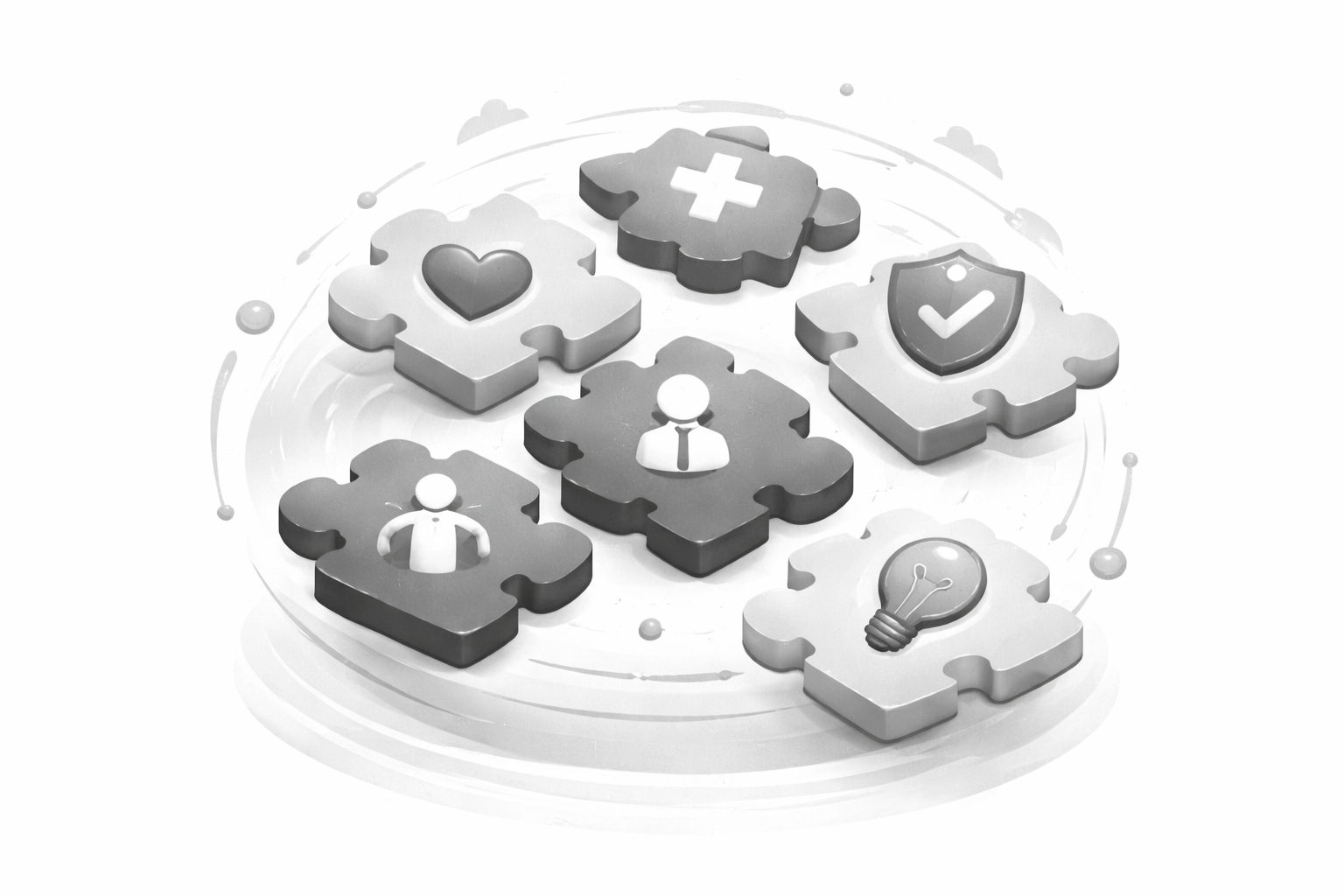Our blog
We believe in sharing the knowledge and learnings we capture through our work with people and organisations across the health and social services sectors.
Our blog consists of thoughtful and practical content and insight across a range of topic areas that aims to better enable people and organisations to plan, design, implement and evaluate their work.
What a “Good” Stakeholder Engagement Framework Looks Like in Complex Health Systems
In complex health systems, stakeholder engagement is not a nice-to-have — it is the mechanism through which outcomes are achieved. Based on a review of comparable frameworks across health, government and the private sector, this article outlines what a “good” stakeholder engagement framework looks like, and why structure, clarity and operational relevance matter.
A Practical Guide to Program Logic Models
Program logic is a practical resource for program planning, service delivery, stakeholder communication and evaluation.
Impact Frameworks: measuring impact for not-for-profits
An impact framework is a structured approach that orgs connect day-to-day activities to the long-term change they aim to create. It’s about mapping how those actions lead to meaningful outcomes and impact over time.








